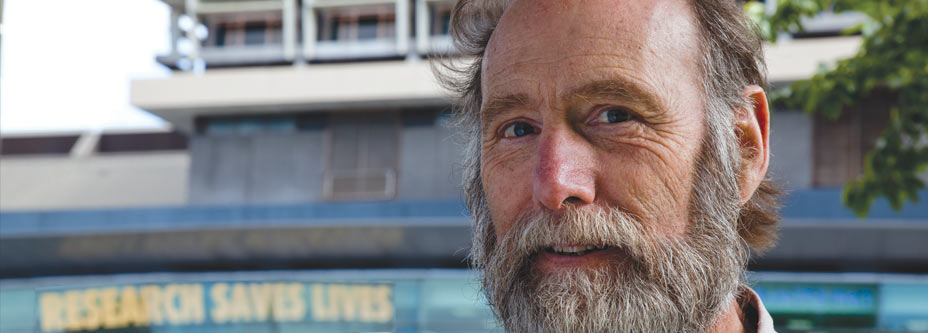
Good news for tiny babies
People born weighing less than 1500gm (very low birth weight, VLBW) tend to be shorter, have fewer friends and achieve fewer educational qualifications than their peers by the time they reach their 20s, a University of Otago, Christchurch study shows.
However VLBW babies score similarly at age 20 to their peers on a range of other measures of health and social functioning.
Professor Brian Darlow led the research, studying VLBW infants born in New Zealand in 1986, involving more than 200 people now aged 22 and 23.
Darlow says that while VLBW participants tend to be more socially isolated and achieve less academically, they were as happy with their quality of life as their peers.
“This study is good news because it shows that, with some exceptions, these young people are doing pretty well despite serious hurdles early in life.”
He says the hard work of many parents is likely to play a part.
Darlow's study showed VLBW babies were, as young adults, on average 5.6kg lighter and 4.2cm shorter than their peers, half as likely to have a tertiary qualification, less likely to engage in romantic partner relationships and almost a third more likely to have been welfare dependent.
However, the study found no significant differences between high school completion, involvement in paid employment and after-tax income, close family relationships and quality of life.
Darlow says the next step for researchers is investigating whether there are health discrepancies, such as in premature ageing, between VLBW people and their peers.
Photo: Ross Coombes